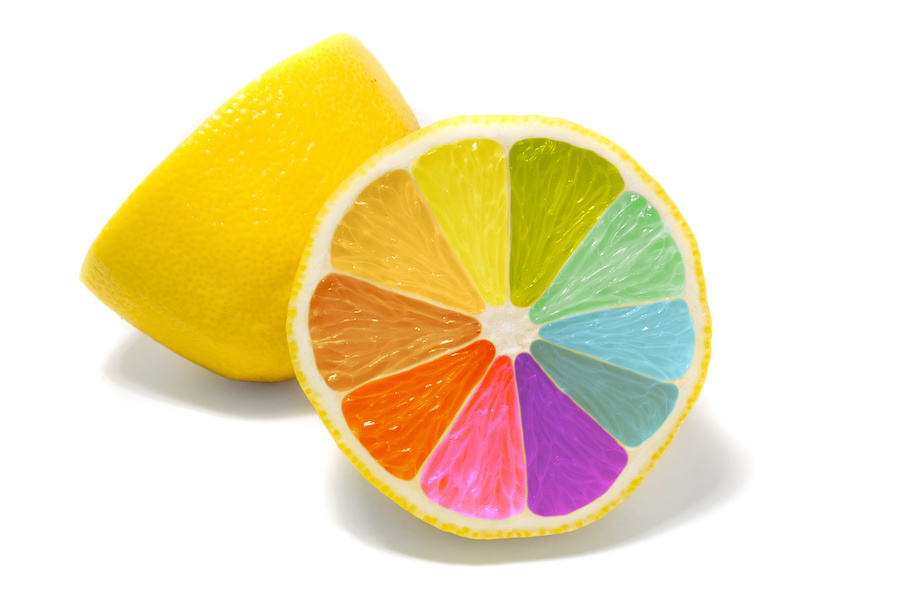6 Ways to Spark Your Creativity
By Glenn Gillen, APR
March 2022
Communications professionals are often tasked with developing and implementing creative campaigns and tactics with the goal of achieving desired results. If you’ve ever judged PR award entries, then you’ve probably noticed that “Creativity” is often one of the criteria.
However, creativity is not a skill that can be turned on and off like a spigot. Even the most prolific artists and creative thinkers occasionally find themselves blocked or lacking that spark that ignites their imagination.
When this happens, there are several ways to jump-start creative thinking. Here are six actions you can take to spark your creativity.
1. Take a walk outdoors.
Researchers at Stanford University found that walking boosts creative output by 60 percent — as measured by having participants perform tasks that demonstrate “divergent thinking,” which involves solving problems or reaching decisions in new or unusual ways.
Study subjects either sat indoors, walked on a treadmill indoors, walked outside, or were rolled outside in a wheelchair. Researchers found that walking outdoors produced the most novel thinking. Not only that, participants exhibited a residual creative boost after walking.
2. Listen to positive music.
Listening to music has been proven to improve cognition, learning and memory, but can it improve creativity? According to a study by Dr. Simone Ritter of Radbout University in the Netherlands and Dr. Sam Ferguson at the University of Technology Sydney in Australia, listening to music while working can enhance divergent thinking.
They also noted that the type of music played is important. The study revealed that “happy music” increased divergent thinking, but what that is exactly can vary from person to person. Choose music that puts you in a good mood, whether it’s Beyonce or Beethoven.
3. Doodle.
Children doodle as one modality of expression, but adults often leave that form behind as they grow up. Doodling can help us tap into that forgotten creative side by engaging other senses.
You don’t have to be an artist to doodle; just grab a pen and paper and start drawing anything that comes to mind, regardless of quality. To switch things up, start doodling with your dominant hand and then switch to your nondominant hand, thus engaging both halves of your brain.
4. Rewrite someone else’s work.
Take a favorite literary passage or song and try rewriting it in contemporary language or a different style. While doing so, contemplate the original word choices and how they do or don’t resonate with you.
I tried this exercise once with a church youth group, and you haven’t heard the Lord’s Prayer contemporized so imaginatively until you hear how high schoolers interpret it.
5. Play around with word association.
I’ve done this exercise numerous times when attempting to come up with a slogan, campaign theme, tagline or even the name of a new project. Start with a blank piece of paper and write down a key word associated with your endeavor. Then simply free-associate and write down as many other words and phrases that come to mind stemming from that core word.
There’s a reason I suggest doing this by hand. Studies show that handwriting activates multiple parts of your brain in a way that typing doesn’t. Writing by hand is also slower and more deliberative, thus giving the brain more time to process ideas.
6. Go on vacation.
It’s become almost cliché to mention that Lin-Manuel Miranda conceived the hit Broadway musical “Hamilton” while on vacation. Perhaps it wasn’t the vacation itself that inspired the project but what Miranda was doing on vacation, namely reading Ron Chernow’s book “Alexander Hamilton.”
One study from multiple authors published in the journal Tourism Management showed that recreational travel might increase creativity by relieving stress, increasing positive emotions, and diversifying experiences. The researchers concluded that vacations seem to increase the chances of creative insight but doesn’t necessarily lead to higher levels of originality. They suggest additional research, for which I’d happily volunteer.
There’s no guarantee that these activities will boost your creativity, but I’ll leave you with this quote from Maya Angelou: “You can’t use up creativity. The more you use, the more you have.”
Perhaps the esteemed author is right. Exercise your creativity like a muscle and it will keep you creative.



